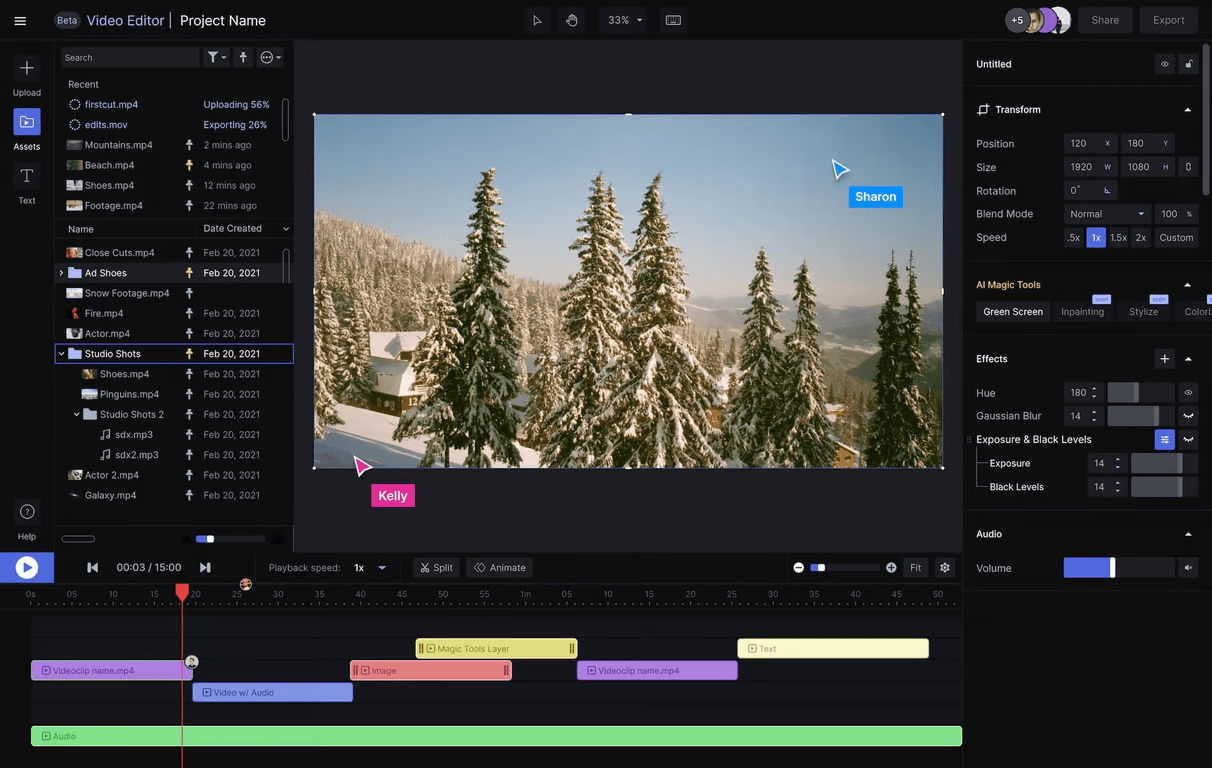In today’s digitally connected world, maintaining privacy, enhancing security, and accessing geographically restricted content are paramount for many users. Proxy servers have emerged as a critical tool to meet these needs. This article delves into the intricacies of proxy servers from different countries, highlighting their advantages, unique features, and where to purchase them. Our goal is to provide you with comprehensive knowledge about these proxies, enabling you to make informed decisions based on your specific requirements.
What Are Proxy Servers from Different Countries?
Proxy servers act as intermediaries between your device and the internet. When you connect to a proxy server, your internet traffic is routed through the proxy before reaching its destination. This mechanism helps mask your IP address, providing anonymity and enhanced security.
Country-specific proxies are proxy servers located in different countries around the world. These proxies allow users to connect to the internet as if they were in the proxy server’s country. By doing so, users can access content restricted to that country, improve their browsing experience, and maintain a level of privacy.

Types of Country-Specific Proxies
- Residential Proxies: These proxies use IP addresses assigned by Internet Service Providers (ISPs) to homeowners. They are perceived as regular internet users and are less likely to be blocked by websites.
- Datacenter Proxies: These proxies come from data centers and are not affiliated with ISPs. They offer higher speed and lower cost but are more easily detected and blocked.
- Mobile Proxies: These proxies use IP addresses assigned to mobile devices by mobile carriers. They are ideal for tasks requiring frequent IP address changes.
How Proxies Differ by Country
Each country has its own internet regulations, censorship laws, and content restrictions. Proxies from different countries allow users to navigate these variations, providing access to content that may be restricted in their own country.
Popular Countries for Proxies
- United States: Offers broad access to content and high-speed connections.
- Germany: Known for strong privacy laws and reliable internet speeds.
- Japan: Provides access to unique local content and fast connections.
- United Kingdom: Offers access to UK-specific services and media.
How Do Proxy Servers from Different Countries Work?
Proxy servers function by intercepting the user’s internet requests and forwarding them to the target server. Here’s a detailed look at how they operate:
Connection Process
- User Request: The user initiates a connection request to a website or service.
- Proxy Interception: The proxy server intercepts this request and masks the user’s IP address.
- Forwarding Request: The proxy sends the request to the target server using its own IP address.
- Response Reception: The target server sends the response back to the proxy.
- Delivery to User: The proxy server forwards the response to the user, who receives it as if they were directly connected to the target server.
Anonymity and Security
By masking the user’s IP address, proxy servers provide a layer of anonymity. This is crucial for activities requiring privacy, such as conducting market research, bypassing censorship, or avoiding geographic restrictions on content.
Speed and Performance
The performance of a proxy server depends on its type and location. Datacenter proxies typically offer faster speeds due to their robust infrastructure, while residential proxies may provide slower but more reliable connections. Mobile proxies offer variable speeds depending on the mobile network’s coverage and strength.
Geo-Spoofing
Geo-spoofing involves using a proxy server to make it appear as though the user is accessing the internet from a different geographical location. This is particularly useful for accessing region-specific content, such as streaming services, gaming servers, or localized websites.
Advantages of Using Proxy Servers from Different Countries
Using proxy servers from different countries comes with several significant benefits:
- Access to Restricted Content: Proxies enable users to bypass geographical restrictions and access content unavailable in their region.
- Enhanced Privacy: By masking the user’s IP address, proxies provide an added layer of privacy and protect against tracking and surveillance.
- Improved Security: Proxies can filter out malicious content and provide a buffer against cyber-attacks.
- Load Balancing: Distributing traffic through multiple proxies can reduce the load on individual servers and improve overall performance.
- SEO and Market Research: Businesses can use proxies to analyze search engine results and competitor activity from different locations.
- Ad Verification: Companies can verify that their ads are displayed correctly in various regions.
- Testing and Development: Developers can test websites and applications from different locations to ensure functionality and performance.
Why Do You Need Proxy Servers from Different Countries and How Are They Used?
Proxies from different countries are employed in various sectors for numerous purposes. Here are some common use cases:
- Streaming Services: Access content libraries from different regions on platforms like Netflix, Hulu, and Amazon Prime.
- Gaming: Connect to game servers in other countries for lower latency and access to exclusive content.
- Social Media Management: Manage multiple accounts from different locations to avoid bans and restrictions.
- Web Scraping: Gather data from websites without getting blocked by using proxies to distribute requests.
- Market Research: Analyze trends and competitor activity in different regions.
- Ad Verification: Ensure advertisements are displayed correctly in target markets.
- Price Comparison: Compare prices of products and services across different regions.
- Bypassing Censorship: Access information and websites blocked in the user’s country.
- Anonymity for Sensitive Activities: Conduct activities that require privacy, such as political research or whistleblowing.
- Educational Research: Access educational resources and databases restricted to certain regions.
These varied uses highlight the versatility of proxies from different countries. Whether for personal entertainment, business strategies, or educational purposes, proxies serve as a vital tool in navigating the digital landscape.
Differences Between Paid and Free Proxies from Different Countries
When choosing proxies, users can opt for either paid or free services. Each type has its distinct characteristics and implications.
Free Proxies
- Cost: No financial investment required.
- Speed: Typically slower due to high user volume.
- Reliability: Less reliable with frequent downtimes and connection issues.
- Security: Higher risk of malware and data breaches.
- Anonymity: Lower level of anonymity as free proxies are more likely to be monitored.
Paid Proxies
- Cost: Requires a financial investment.
- Speed: Faster and more consistent due to dedicated resources.
- Reliability: Higher reliability with guaranteed uptime and support.
- Security: Enhanced security features and reduced risk of malware.
- Anonymity: Higher level of anonymity with dedicated IPs and better privacy protections.
For critical tasks requiring reliability, speed, and security, paid proxies are often the better choice. Free proxies can be useful for less sensitive activities or for users testing out proxy services before committing to a paid plan. If you need quality proxy servers, you can always use Proxy5 service. This proxy service provides a large number of different rates by country with a choice of the number of proxies in the package.
How to Choose Proxy Servers from Different Countries
Selecting the right proxy server involves considering several factors:
- Purpose: Determine the primary use case, whether it’s for streaming, gaming, web scraping, or privacy.
- Type of Proxy: Choose between residential, datacenter, or mobile proxies based on your needs.
- Location: Select proxies from countries that offer the desired content or meet specific requirements.
- Speed and Performance: Ensure the proxy can handle the required bandwidth and provide low latency.
- Security Features: Look for proxies with robust security measures to protect your data.
- Reliability: Opt for providers with a track record of high uptime and reliability.
- Customer Support: Choose a provider that offers responsive customer support in case of issues.
- Cost: Balance the cost with the features and performance offered.
Proxy servers from different countries offer a myriad of benefits, from accessing restricted content and enhancing privacy to improving security and performance. Whether you’re an individual seeking to bypass geo-blocks or a business looking to conduct market research, proxies can significantly enhance your internet experience. By understanding the differences between free and paid proxies and knowing how to choose the right one, you can harness the full potential of this versatile tool. Make an informed decision and enjoy the advantages of using proxy servers from around the world.








